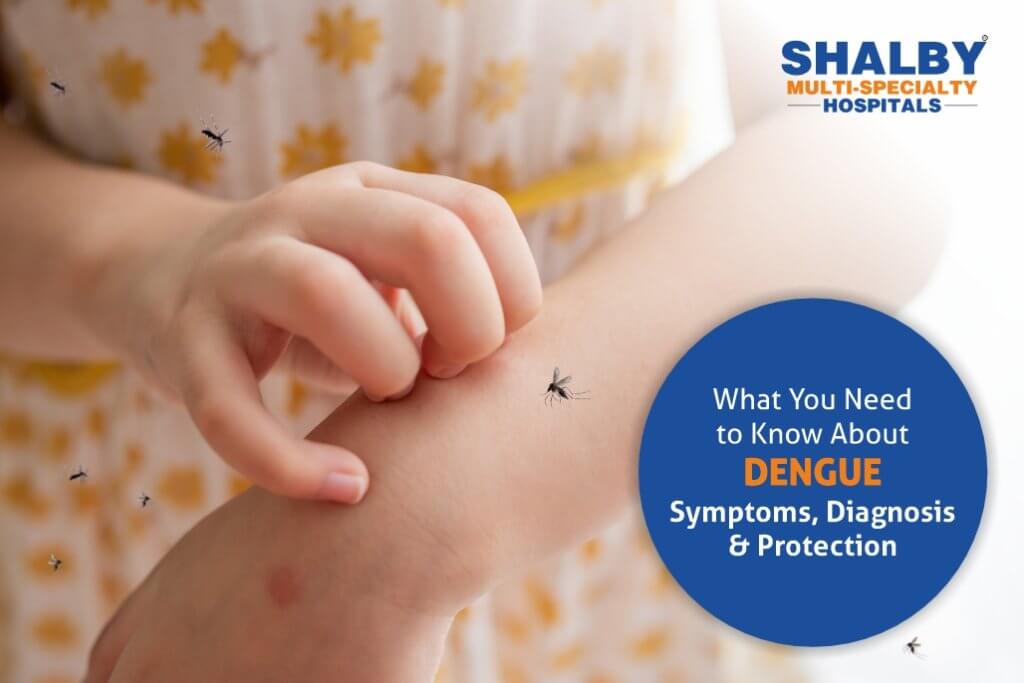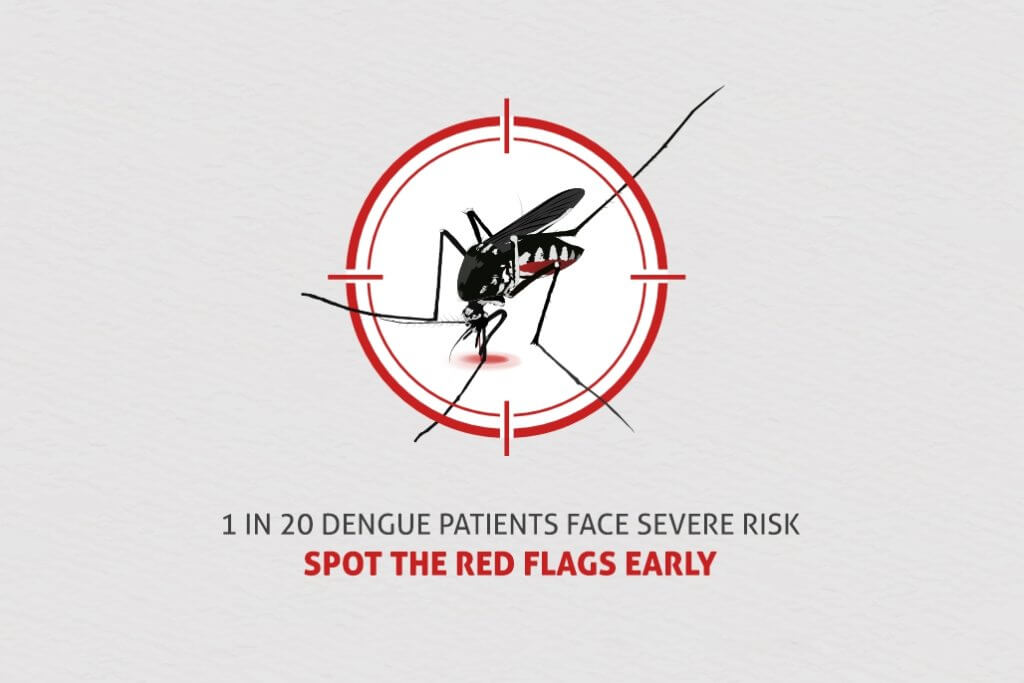
Dengue fever continues to be one of the most significant mosquito-borne diseases globally, affecting nearly 390 million people annually. With the monsoon season approaching and urbanization creating breeding conditions for Aedes mosquitoes, understanding dengue’s symptoms, diagnosis, and protecting measures has become more critical than ever. This comprehensive guide will help you navigate through the essential information about dengue and protect yourself and your family.
Dengue is a viral infection caused by any of four closely related dengue viruses (DENV-1, DENV-2, DENV-3, and DENV-4), transmitted primarily through the bite of infected Aedes aegypti mosquitoes. Unlike malaria mosquitoes that are active at night, dengue-carrying mosquitoes are most active during daylight hours, particularly during early morning and late afternoon. The disease presents a wide spectrum of symptoms, ranging from asymptomatic cases to severe, life-threatening conditions. What makes dengue particularly concerning is that people infected for the second time are at greater risk of developing severe complications.
Dengue symptoms typically appear 4-10 days after being bitten by an infected mosquito and can last for 2-7 days. The most common early symptoms include:
Many people might mistake these early symptoms for the flu or other viral infections, which is why proper medical evaluation is crucial.

About 1 in 20 people who contact dengue will develop severe dengue, also known as dengue hemorrhagic fever or dengue shock syndrome. Warning signs typically appear 24-48 hours after the fever subsides and require immediate medical attentions:
These severe symptoms can progress to shock, internal bleeding, organ failure, and death within hours, making immediate medical intervention critical.
Diagnosing dengue can be challenging since its symptoms mimic other diseases like malaria, typhoid, and Zika virus. Healthcare providers use several diagnostic methods depending on the stage of illness:
For Early Detection (First 7 days):
For Later Detection (After day 5):
Recent advances in dengue diagnostics include real-time RT-PCR assays that provide faster results and can quantify viral load. The FDA has approved specific assays like the CDC DENV-1-4 Real-Time RT-PCR Multiplex assay, which shows 97.2% positive agreement in studies. Additionally, newer methods like CRISPR-based detection and point-of-care testing are being developed to make diagnosis more accessible, especially in resource-limited settings.
The most effective way to prevent dengue is avoiding mosquito bites. Here are evidence-based protection strategies:
Clothing and Physical Barriers:
Mosquito Repellents:
Aedes mosquitoes breed in clean, stagnant water. The most effective prevention involves eliminating these breeding grounds:
Community-Level Measures:
There’s no specific antiviral treatment for dengue fever. Management focuses on supportive care and symptom relief:
For Mild Cases:
For Severe Cases:
Seek immediate medical attention if you experience:
Even with mild symptoms, consult a healthcare provider for proper diagnosis and monitoring. Early detection and proper medical management significantly improve outcomes and reduce the risk of complications.
Dengue prevention requires a multi-pronged approach that includes personal protection, environmental management, and community awareness. While dengue can be serious, early recognition of symptoms and timely medical care can greatly reduce complications. For comprehensive dengue management, Shalby Hospital stands as the Best Hospital in Ahmedabad, offering advanced diagnostic facilities and specialized care. With a team of top Internal Medicine specialists, Shalby ensures accurate diagnosis, expert treatment, and personalized monitoring. Trust Shalby Hospital for reliable, patient-centered dengue care that prioritizes your safety and recovery.
Dengue fever continues to be one of the most significant mosquito-borne diseases globally, affecting nearly 390 million people annually. With the monsoon season approaching and urbanization creating breeding conditions for Aedes mosquitoes, understanding dengue’s symptoms, diagnosis, and protecting measures has become more...
What Are Nutrients? Nutrients are substances found in food that our bodies need to operate properly. They give us energy, assist in tissue building and repair, and control various body systems. Macronutrients and micronutrients are two general divisions of nutrients. 1. Macronutrients:...
May 17 is observed as World Hypertension Day and we would like to spread some basic awareness about it. 1 in 4 adults worldwide have high BP So what is normal BP and what is considered High BP? Normal: < 120/80 mm...